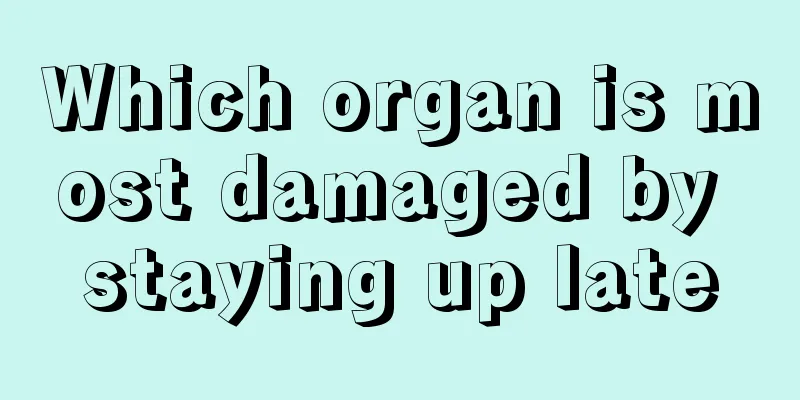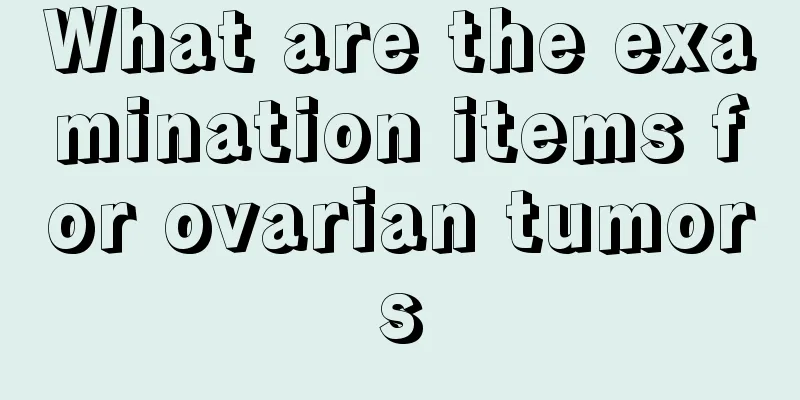What to eat for chronic renal failure

|
Chronic renal failure, as a chronic disease, refers to kidney damage caused by multiple factors. Symptoms include kidney atrophy and inability to maintain normal function. It is a disease that seriously threatens human physical and mental health. In addition to drug treatment, dietary conditioning is also an important auxiliary treatment method. How to adjust your diet after suffering from chronic renal failure? Diet for renal failure is also very important and an issue that should not be ignored. Diet is particularly important, and what to eat for chronic renal failure is also a very important issue. Renal failure often has gastrointestinal symptoms such as nausea, vomiting, poor appetite, anorexia, and dietary control, reduced food intake, insufficient intake, and enhanced catabolism. Some vitamins are also lost during the dialysis process, and the body's vitamins are obviously insufficient, especially water-soluble vitamins B and C, folic acid, etc., which need to be properly supplemented. Proper mineral supplementation Proper supplementation of minerals is also an important part of the diet for patients with renal failure. Most patients with chronic renal failure have more or less electrolyte imbalances, such as low calcium, high potassium, high phosphorus, etc. During the eating process, appropriate adjustments need to be made based on the results of blood tests. People with edema, hypertension, and oliguria should adopt a low-salt diet, and the daily salt intake should not exceed 3g. Lowering blood lipids with a low-fat diet Hyperlipidemia is also one of the factors that promote the progression of renal failure. In addition to drug treatment, dietary regulation is essential. Reduce the intake of foods rich in saturated fatty acids (such as animal fats, fatty pork, chicken skin, etc.); increase the intake of unsaturated fatty acids (such as vegetable oils, fish oils, etc.). Try not to eat or eat less animal offal. Eat more foods rich in soluble fiber, such as oats, buckwheat, rice bran, etc. People with renal failure must develop good living and eating habits, including a low-salt, low-fat, high-quality low-protein and high-vitamin diet. High in calories, avoid spicy and irritating foods. |
<<: The dangers of severe primary pulmonary hypertension
>>: Why do I have a headache, a pain in my neck and the back of my head?
Recommend
A hard abscess on the chin
In life, everyone will encounter such a situation...
How much wolfberry should be used to soak in wine
Many people know how to use wolfberry to soak in ...
How to wash your face correctly with facial cleanser
Many people do not know how to use facial cleanse...
I have the urge to defecate frequently but I can't
When our body is in a healthy condition, all func...
How much does ovarian tumor cost
The ovary is a female reproductive organ, where e...
Can Chinese medicine cure my liver cancer?
Other conventional treatments are recommended for...
Traditional Chinese medicine remedies for treating bladder cancer
Bladder cancer can be divided into many categorie...
Do you use a brush or a powder puff for loose powder?
Many women like to use loose powder when applying...
How to remove musty smell from clothes
If clothes are stored for a long time after being...
How much does it cost to treat esophageal cancer
The cost of esophageal cancer cannot be estimated...
What to do if the lumbar spine compresses the legs and the legs hurt? Lumbar disc herniation requires treatment
Lumbar disc herniation is a very harmful disease ...
Symptoms of pituitary tumors in women
Symptoms of pituitary tumors in women can be conf...
Can I smoke if I have Hepatitis C
Smoking is a phenomenon that can be seen everywhe...
Can photochromic glasses protect against ultraviolet rays?
Many people know about photochromic glasses, whic...
Is it okay to have the glans exposed outside for a long time?
When we are little boys, the glans is usually cov...









